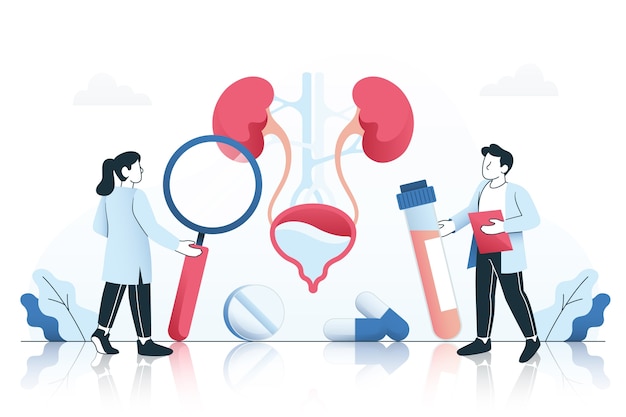
Do you ever feel a sharp pain or intense pressure in certain parts of your body while lifting heavy objects or running, or even during a bowel movement? This might mean you have a hernia. This article explains more about what a hernia is and how it can influence your bowel movements.
So, what are the signs to watch out for?
Having a hernia can bring about a lot of different symptoms. These can vary from a severe stomachache to feeling really tired, having an upset stomach, facing acid reflux, or even feeling short of breath.
Now, onto one common kind of hernia – the inguinal hernia. This is a type of hernia that usually shows up in the groin area, and it’s seen more often in men than in women. Some of its warning signs include:
– A visible lump on either side of your lower belly that becomes more noticeable when you cough or strain.
– Itchy or uncomfortable feelings around the lump.
– A sense of burning or pain around the lump.
– Pain and discomfort when walking, bending, lifting things, or coughing.
– Feeling heavy or weak in the groin area.
– A strange dragging feeling in your lower belly.
– Feeling a lot of pressure in your belly.
If you notice any of these symptoms, it’s a good idea to go see a doctor who specializes in treating hernias.
But how does a hernia affect your bowel movements?
A hernia can make your intestine shrink and sometimes even cut off its blood supply. This can cause digestion problems and even blockages in your intestines. The size and type of the hernia can affect how severe these issues are. Some common types of hernias that can cause these blockages include inguinal hernias (like we discussed before), as well as femoral hernias and incisional hernias.
If a hernia causes a blockage in your intestines, this can lead to other health problems. In fact, severe intestinal blockages can result in tissue damage and even be life-threatening. Most inguinal hernias grow bigger over time, and if they aren’t treated, they can lead to further complications such as swelling and pain, especially for men.
There’s even a chance that a hernia can get trapped in a weak spot in your belly, causing an “incarcerated hernia”, which can result in severe pain, nausea or vomiting, and trouble passing gas or having a bowel movement. If the trapped hernia cuts off the blood supply to your intestine (called “strangulation”), the damaged tissue inside can die. This is a life-threatening situation and needs to be treated right away.
So, what can be done to treat a hernia?
When it comes to dealing with severe intestinal blockages caused by hernias, there are two main steps. First, a tube is sometimes placed into the stomach to drain fluids. Then, doctors have to patiently wait for the blockage to clear.
If necessary, treatments like enemas or surgery may be used to remove the blockage or repair the hernia. Surgery might also be needed to repair the hernia once the risk of causing a blockage in the intestines is gone. The right kind of treatment will depend on where the hernia is located.
What types of surgeries are there?
With an open hernia repair procedure, doctors make a large cut and then move the hernia back into place. Another option is a laparoscopic hernia surgery, which uses smaller incisions and a special tube to accurately place the repair tools. Due to advancements in technology, even robotic laparoscopic surgery is now available.
In a nutshell, hernias can affect your bowel movements and ignoring this problem can lead to severe complications. Therefore, it’s vital to seek early medical help. Through professional medical care, you can handle your hernia and prevent any serious side effects.


